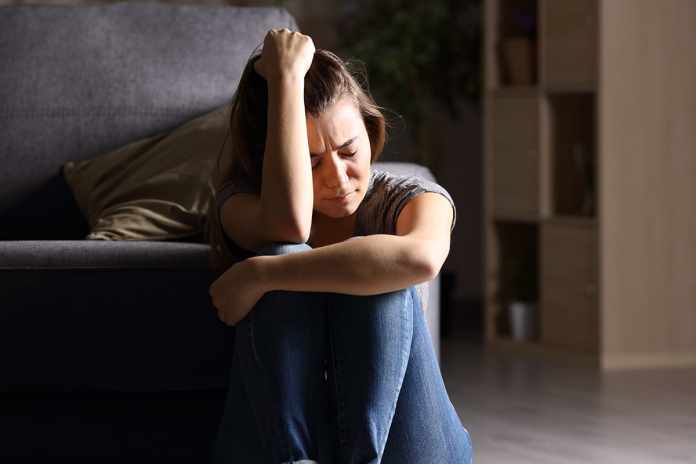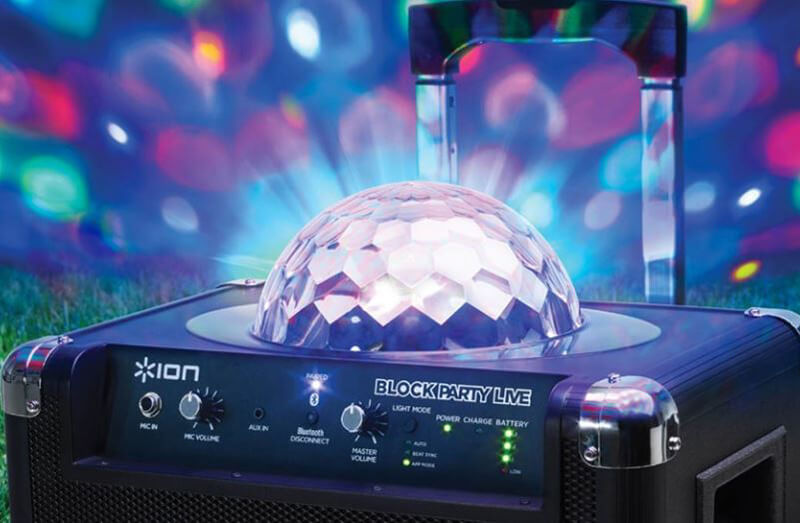Are your children out of control? Every parent feels that way at some point. Let’s face it, parenting is one of the biggest challenges you’ll face in your life. Add hyperactivity to the mix, and it can feel downright overwhelming. This is why you should prioritize self care so that you can weather the stress that will surely come with conditions like attention deficit hyperactivity disorder. American Psychological Association research estimates that approximately 5% of children and 2.5% of adults in the U.S. have been diagnosed with ADHD. In addition to the three primary behaviors associated with the condition — inattention, impulsivity and hyperactivity — depression commonly accompanies ADHD. Is there any link in ADHD and Depression?
Maybe you’ve noticed some sadness or flat affect in your child recently. People with ADHD have an increased risk of developing depression. This really isn’t a surprise when you think about the daily challenges experienced by someone with ADHD. Children may not have the ability to understand why they’re feeling or behaving in specific ways; they’re still developing physically, mentally and emotionally. Others may misinterpret their behavior, leading to bullying and alienation from peers. Often, ADHD isn’t diagnosed until adulthood, creating additional behavioral and social issues.
Recognizing the Signs of Depression in Children With ADHD
While most of the symptoms are the same for boys and girls, there are some differences between the genders. Girls with depression are more likely to self-isolate, while boys are more likely to act out. Although the afflicted will find focusing a challenge, regardless of gender, boys are generally more hyperactive.
Any of the following could be signs that your child is suffering from depression:
- Low mood, feeling sad
- Feeling helpless, hopeless, worthless or suicidal
- Experiencing abnormal sleep issues (e.g., insomnia or sleeping excessively)
- Losing or gaining weight
- Losing interest in activities they previously enjoyed
- Isolation from family and friends
- Psychomotor issues (e.g., fidgeting, lack of coordination)
Depression can also exacerbate some of the symptoms of ADHD. The mood disorder may compound problems with concentration, misbehavior and feeling overwhelmed.
Recognizing the Signs of Depression in Adults With ADHD
When seen in adults, depression-accompanied ADHD may have symptoms that are hard to separate. Consequently, it can be challenging for a doctor to diagnose depression in a person with ADHD.
Adults with both ADHD and depression commonly experience these symptoms:
- Problems handling emotions
- Concentration difficulties
- Restlessness or hyperactivity
- Impulsivity
- Disorganization
- Forgetfulness
Treating ADHD and Depression
Doctors typically treat ADHD children over the age of six with a combination of prescription medication and behavior therapy. Depression symptoms are usually managed with antidepressants. Usually, stimulants, such as Ritalin and Adderall, are very effective for people with ADHD. While these drugs will typically make people without ADHD feel jittery, they actually help people with the condition to focus. Once an effective treatment plan is established, children can focus on harnessing ADHD business success by strengthening their unique abilities for future growth.
Whether you’re just beginning your ADHD journey or you’re an old pro, it’s always a good idea to keep current. Brillia for ADHD can be an excellent natural option to try either alone or combined with your current treatment plan.







